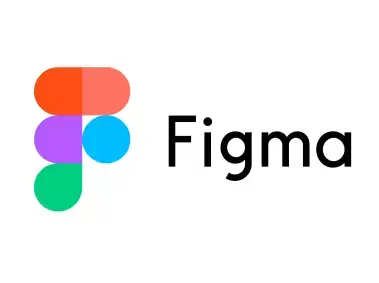Tips to Conduct an Interview
- claufeza
- Jun 23, 2023
- 2 min read
Updated: Jun 24, 2023
Conducting interviews is critical for various professional settings, including recruitment, journalism, research, and gathering information. The art of conducting interviews requires effective communication skills, active listening, and thoughtful preparation. These are tips that will help you conduct interviews.
Preparing for the Interview
a. Define the interview's purpose and objectives: Write down the goals and outcomes you hope to achieve through the interview. This will guide your preparation and help you structure the conversation.
b. Research and gather information: Familiarize yourself with the interviewee and the topic.. This knowledge will enable you to ask informed and relevant questions.
c. Develop an interview plan: Create a list of key questions that align with your objectives. Consider open-ended questions to encourage thoughtful responses. Arrange your questions logically.
2. Setting the Stage
a. Make a friendly environment: Begin the interview with greetings and introductions. Create a friendly environment that encourages interviewees to express themselves freely.
b. Explain the interview process: Briefly outline the purpose of the interview and its duration. Provide any necessary context or guidelines to ensure the interviewee understands what is expected of them.
3. Conducting the Interview
a. Active listening: Demonstrate genuine interest and engage actively in the conversation. Maintain eye contact, a nod to show understanding, and use appropriate verbal cues to encourage the interviewee to elaborate further.
b. Ask open-ended questions: Encourage the interviewee to provide details by asking questions that require more than a simple "yes" or "no" answer. Open-ended questions invite the interviewee to share their thoughts and experiences.
c. Follow-up questions: Build upon the interviewee's responses by asking follow-up questions to delve deeper into the topic. Explore underlying motivations, or gather additional details.
d. Use active and empathetic listening techniques: Paraphrase the interviewee's responses to demonstrate understanding and show their thoughts and opinions are valued. Reflective listening techniques can foster a more meaningful and productive conversation.
4. Conclusion
a. Summarize key points and seek clarification: Towards the end of the interview, summarize the main points discussed to ensure accuracy and allow the interviewee to clarify any misunderstandings.
b. Express gratitude: Thank the interviewee for their time and participation. Offer them an opportunity to share any final thoughts or ask questions they might have.
c. Follow-up and documentation: Take notes or record the interview (with permission) to capture important details. Review and organize the information gathered promptly for later reference or analysis.





Comments